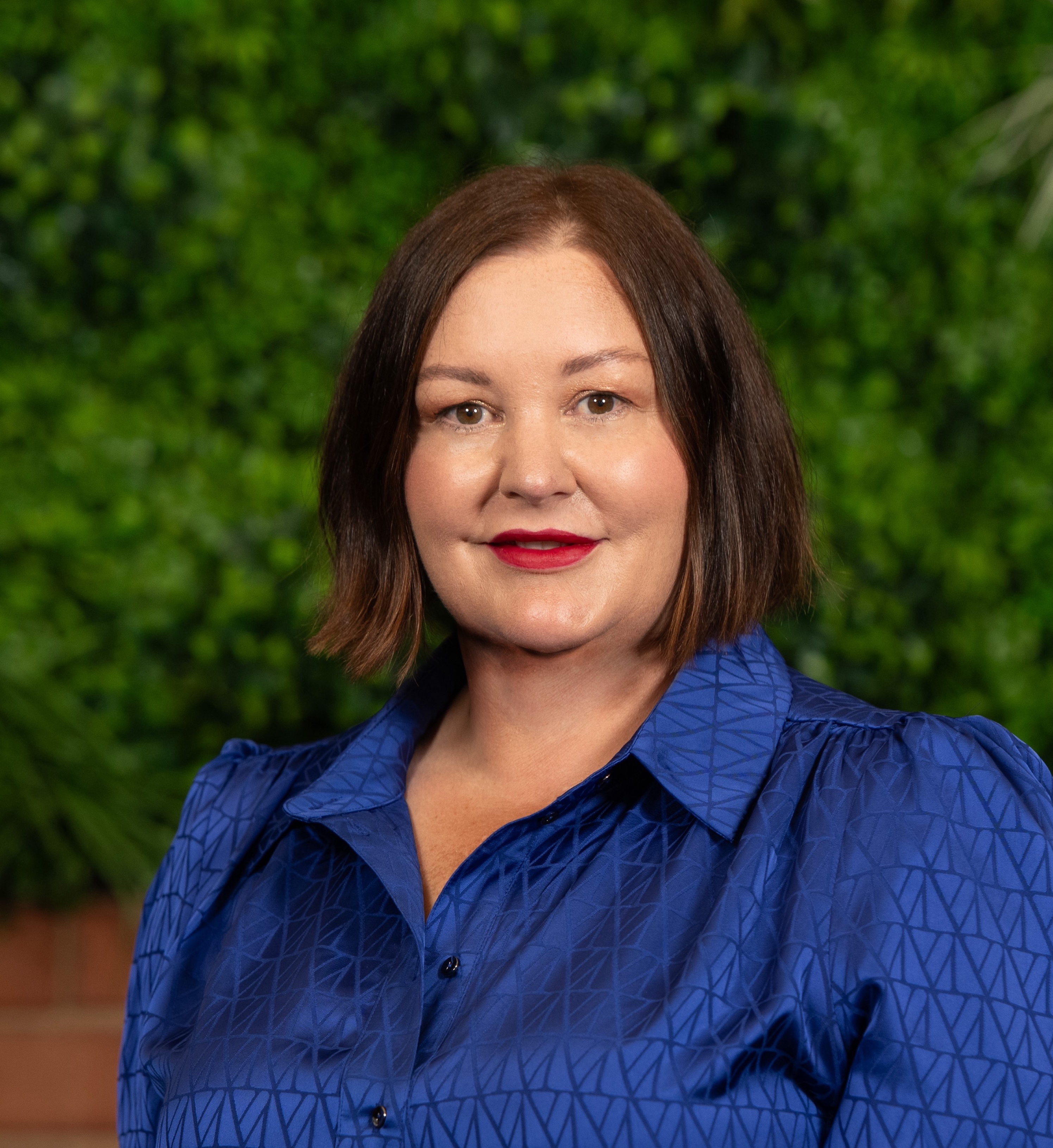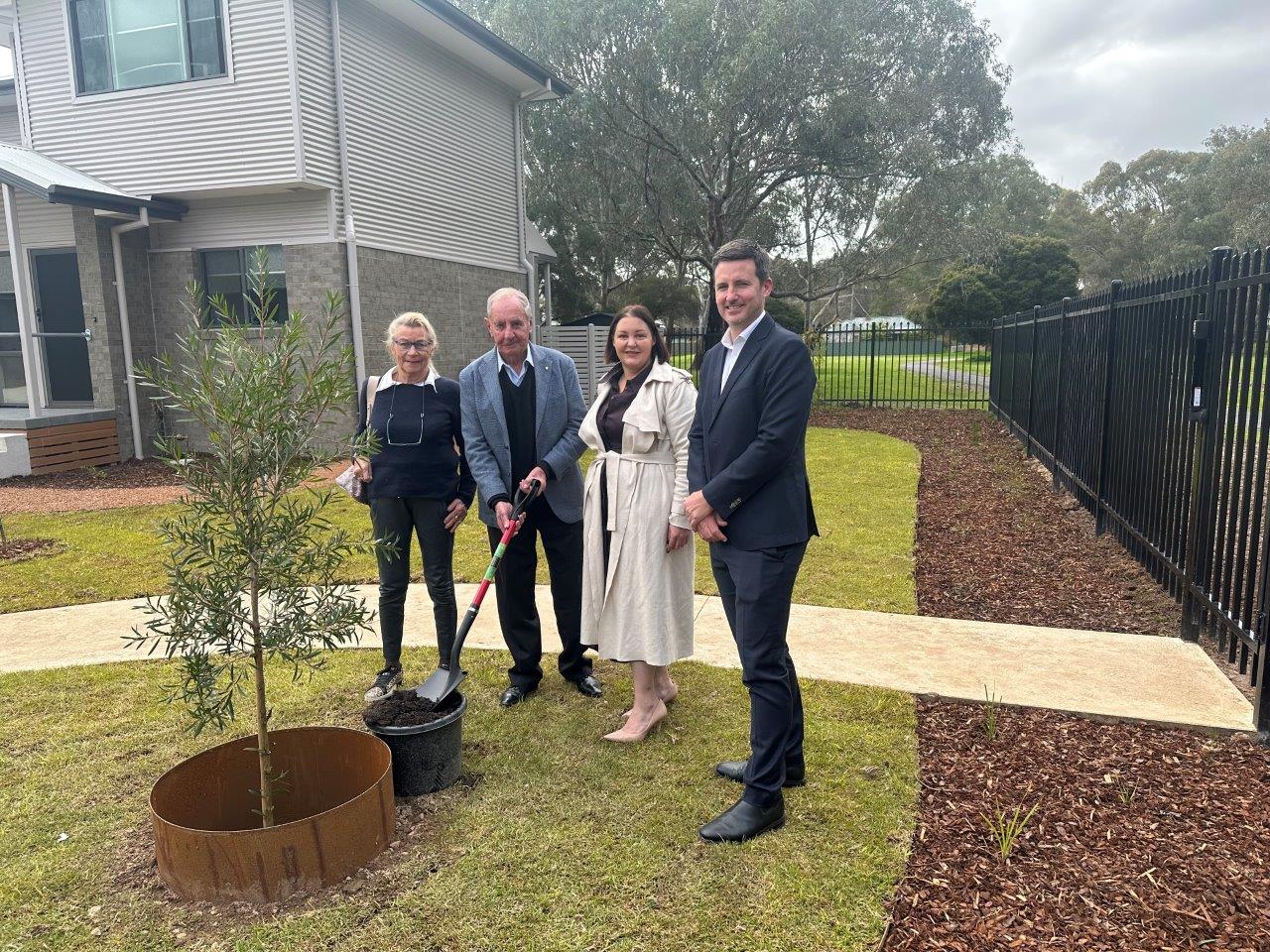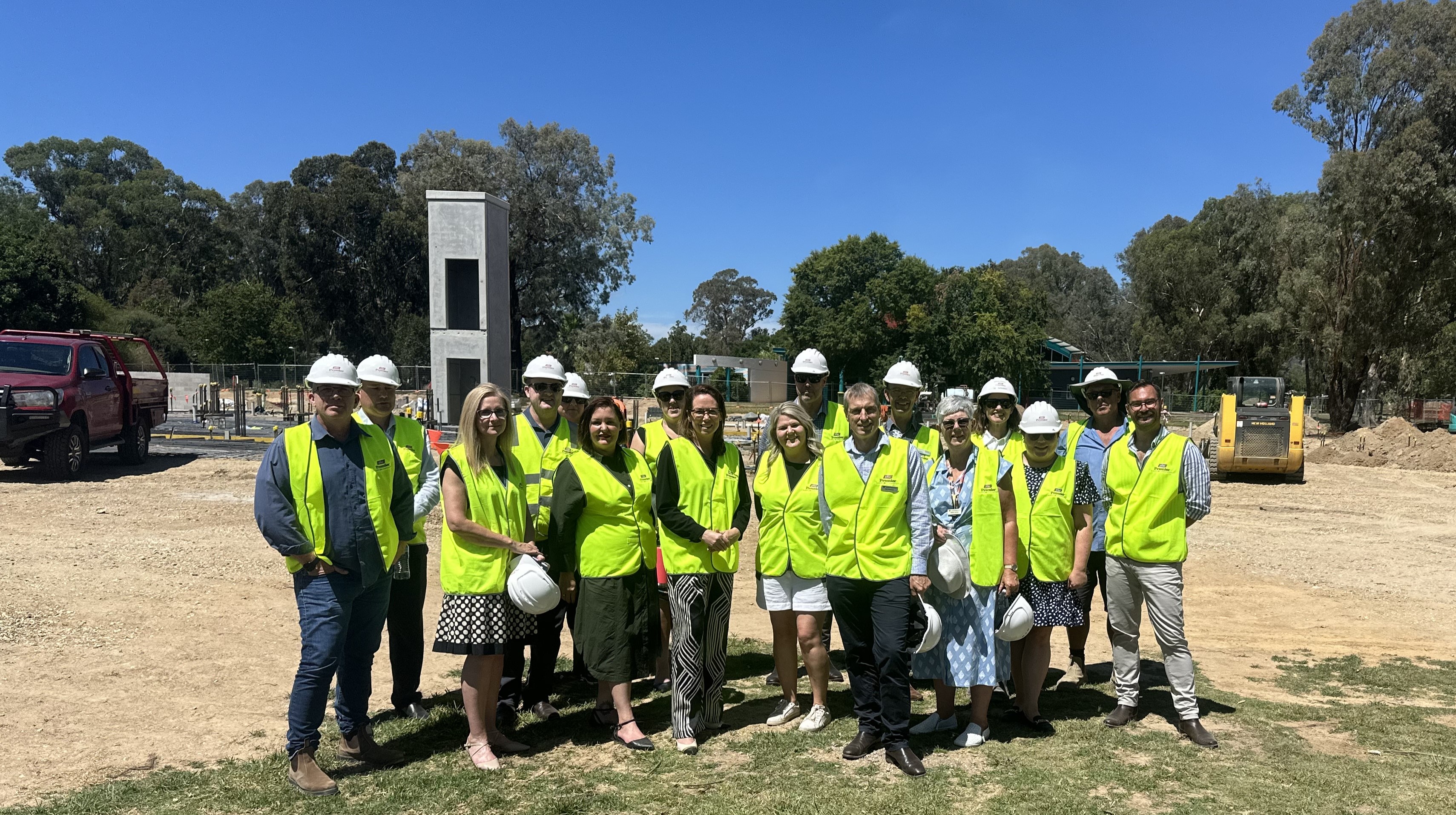News
Inspiring inclusion starts with all of us
By Celia Adams
CEO Beyond Housing

As International Women’s Day (8 March) approaches, I’ve been doing a lot of thinking about this year’s theme, “Inspire Inclusion.” It’s something that really resonates with me, not just in my job leading Beyond Housing for the last ten years, but also in my life as a sole parent to my nine-year-old son.
I’ve been a sole parent for nearly seven years. I’ve been the one to attend school events, getting to know teachers and after-school carers. I organise the extracurricular activities, play dates, and holidays, and I manage my time to make them happen.
I mention these things not to complain but rather to identify how this has made me acutely aware of the need to show my son how women contribute, how hard we can work, how we can be more than wives and mothers if that’s what we want, but also how women and men aren’t hardwired for particular roles, that we can be both carer and provider.
Our roles and ability to perform them have nothing to do with gender. I tell him his grandmother was a scientist, his Aunty Rah Rah is a lawyer and executive in a big company, his cousin is a barrister, and his mum is a CEO. While these might not be as cool to him as Pokémon or basketball right now, by keeping the conversation going about what women can achieve, I hope his views on equality and inclusion are shaped by the amazing women he is related to.
Professionally, at Beyond Housing, “Inspire Inclusion” aligns perfectly with our organisational values, motivating us to ensure that gender equality and inclusion are not merely topics of discussion but fundamental aspects of our daily existence.
We’ve worked hard at Beyond Housing to make gender equality and inclusion part of our everyday work. We’ve focused on creating a workplace where everyone, regardless of gender, feels supported and valued. Here’s a snapshot of what we’ve achieved so far:
- Anyone who’s taken parental leave has come back to their job, which is huge for keeping working parents supported.
- Our board is split right down the middle, 50/50 men and women, which makes sense to us.
- We’ve had three female CEOs, which says a lot about our stand on women in leadership roles.
- Women make up 60% of our executive team, showing we’re serious about gender equality at the top.
- Hybrid work has become the norm for us, giving our team some flexibility and giving our clients flexibility in the way they access our services.
- And we’ve set up flexible working arrangements for carers of any gender identity, recognising everyone’s got different needs.
In the midst of all the talk about the gender pay gap, it’s pretty satisfying to say that our small organisation has hit wage parity. We might not be big enough to have to report on this, but we’ve got a good feeling that our practices are leaning in favour of women. This effort is our way of pushing against the norm to achieve equal pay, something we’re truly proud of. It points to the bigger shifts we’d like to see in society, showing how crucial it is to start teaching fairness and respect early on.
We owe a massive thanks to the women who’ve fought for the rights and choices we have today. Thanks to their strength and commitment, women in Australia today have the freedom to make their own choices, whether it’s about education, careers, marriage, having children, or staying home. These tough women who stood up and fought for equality have made it possible for us to live our lives our way. This International Women’s Day, we’re celebrating these incredible women who’ve shown us what it means to fight for what’s right.
This effort is showing results, like in the growing numbers of women in State and Territory Parliaments and on ASX 200 boards here in Australia, with women holding 44% and 34.2% of these spots.
Having women in decision-making roles is key because it means issues like healthcare, education, and violence against women get the attention they need. It challenges old stereotypes and lays down a path for the next generation, making sure policies work for everyone.
But I know my experience doesn’t cover everyone’s. As a white, middle-class Australian born woman who’s been to university, I am not representative of all women. It’s incumbent on me to recognise and stand with First Nations women, women with disabilities, trans women, queer women, migrant women, and women living in poverty, acknowledging them, standing with them and advocating for their rights. But never assuming I know what’s best for them or speaking for them.
“Inspire Inclusion” isn’t just about patting ourselves on the back; it’s a serious nudge to deal with the big issue of family violence. The stats are scary: a woman is killed by her partner or ex-partner every week, and one in six Australian women has faced physical or sexual violence from a partner since they were 15. This crisis is not just heartbreaking; it’s also a big reason women and children end up homeless. Escaping violence often means leaving home with nowhere to go. This hard truth highlights the urgent need for solid support and policies to help those impacted by family violence, making sure they have a safe place to go and a chance to start over.
Looking back over the last ten years and thinking about what’s ahead, it’s clear we’ve still got a long road to travel on the journey towards gender equality and inclusion.
This International Women’s Day let’s all recommit to making the world a safer, fairer place for women and children—a place where everyone feels like they truly belong, are valued, and can thrive.

